

PBS
Featured Show:
PBS News Hour
America's first and longest running hour-long nightly news broadcast known for its in-depth coverage of issues and current events.
PBS TV Shows
814 shows • Page 35 of 41

PBS News Hour
America's first and longest running hour-long nightly news broadcast known for its in-depth coverage of issues and current events.
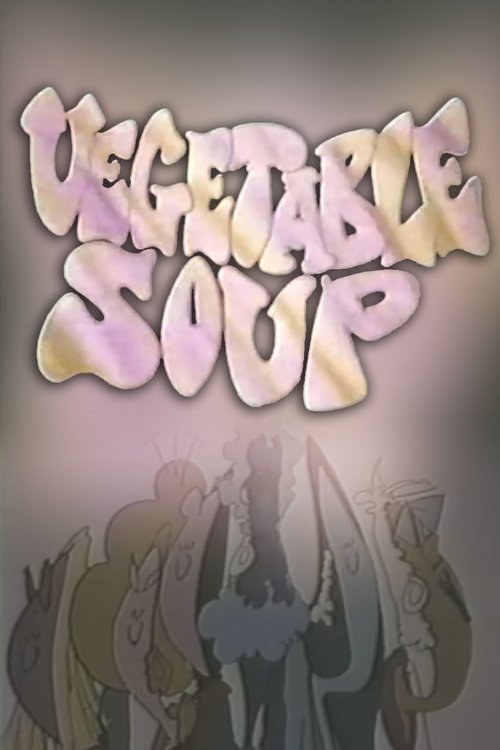 0
0Vegetable Soup
Vegetable Soup is an American educational children's television program produced by the New York State Education Department that originally ran on PBS from September 22, 1975 to December 14, 1978..
 0
0The Way It Was
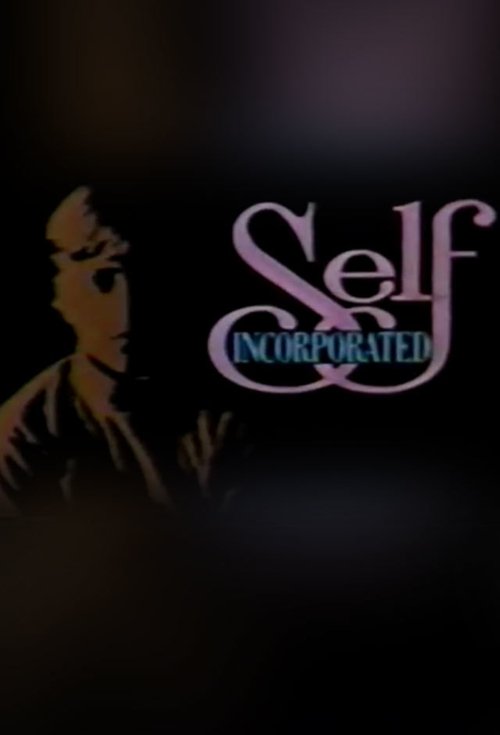 0
0Self Incorporated
A possible sequel series to Inside/Out, 1975

Austin City Limits
Now the longest-running music series in American television history, ACL showcases popular music legends and innovators from every genre.
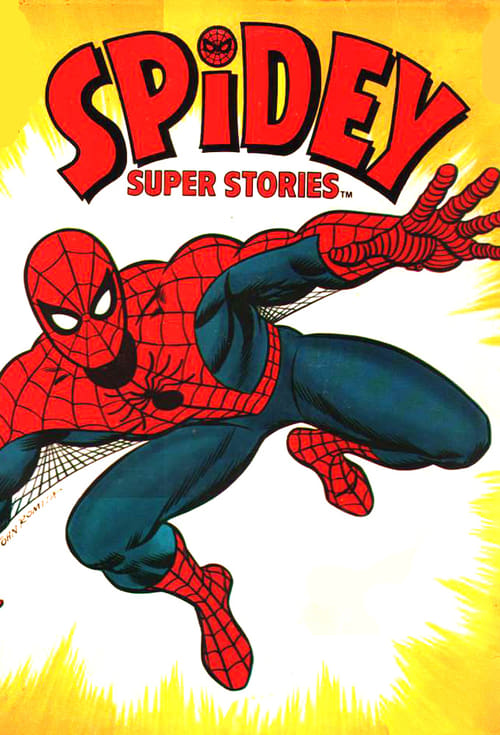 0
0Spidey Super Stories
A live-action, recurring skit on the PBS children's television series The Electric Company. Episodes featured the Marvel Comics character Spider-Man, provided to the Children's Television Workshop free of charge, and was played by puppeteer and dancer Danny Seagren. Stories involved the masked superhero foiling mischievous characters who were involved in petty criminal activities. The cast of The Electric Company played the roles of the various characters in each story, with another serving as narrator. In many of these sketches, viewers were addressed as "true believers." Unlike other live-action and cartoon productions of Spider-Man, this version of the web-slinging hero did not speak out loud, instead communicating only with word balloons, in order to encourage young viewers to practice their reading skills because he was drawn without a mouth. He also never appeared out of his costume as Peter Parker and, given the series' budget limitations, used his web-shooters sparingly.
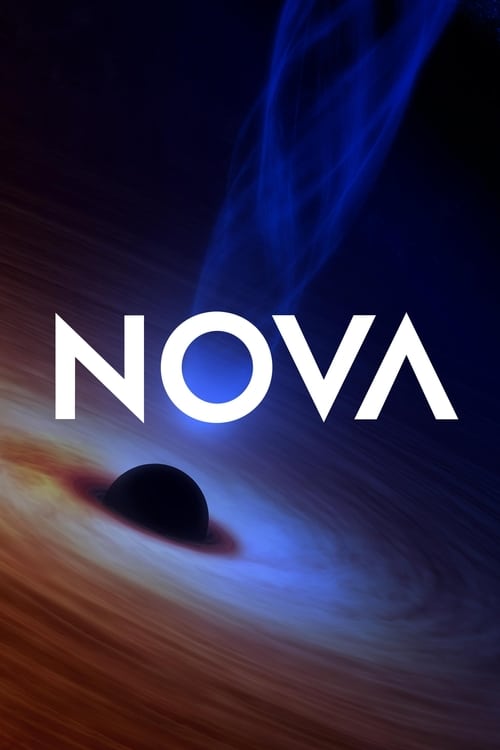
NOVA
PBS' premier science series helps viewers of all ages explore the science behind the headlines. Along the way, NOVA demystifies science and technology, and highlights the people involved in scientific pursuits.
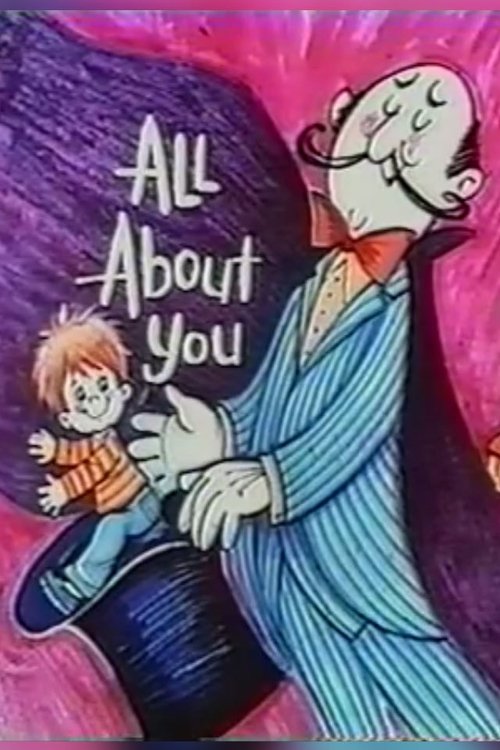 0
0All About You
All About You was an educational television series that was syndicated to numerous educational and PBS stations during the early and mid-1970s, mainly as part of weekday in-school telecasts. The series was first produced at WHRO-TV, "Hampton Roads ETV", in Hampton, Virginia. In 1974, production of the series was moved to WGBH-TV Boston, where it was produced in association with WGBH's in-school television initiative, the "21-Inch Classroom". The 1974 episodes were distributed in the US and Canada by the Agency for Instructional Television; this is one of a few WGBH series to have not been distributed by NET or PBS.
 0
0Bread & Butterflies
This is a series that was on PBS during the 70's (circa 1973-1974)
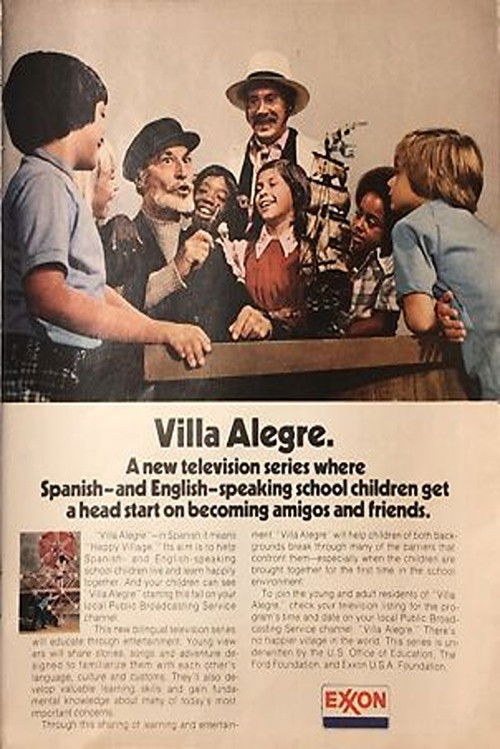 0
0Villa Alegre
Villa Alegre (Happy Village) centers on life in a whimsical bilingual village. Designed to teach English to Latino children and Spanish to Anglo children, it also features various educational subjects.
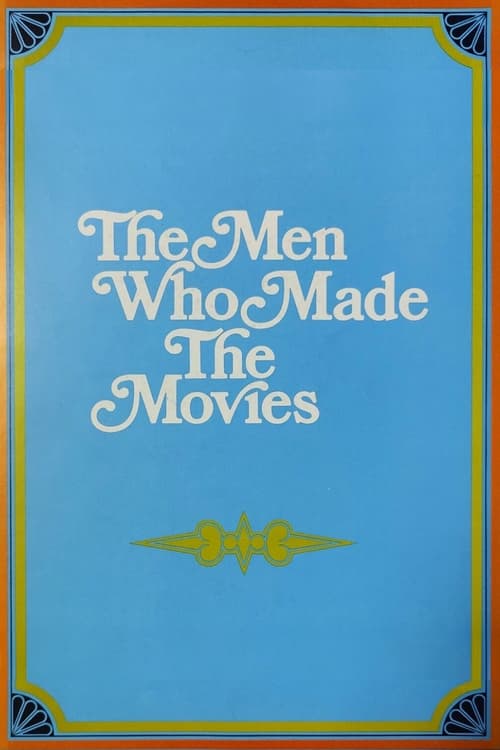 0
0The Men Who Made the Movies
Acclaimed profiles of eight great American film directors. Produced and directed by Richard Schickel and narrated by Cliff Robertson, with solid interviews and film clips, the series reviews the careers of Raoul Walsh, Frank Capra, Howard Hawks, King Vidor, George Cukor, William A. Wellman, Alfred Hitchcock and Vincente Minnelli.
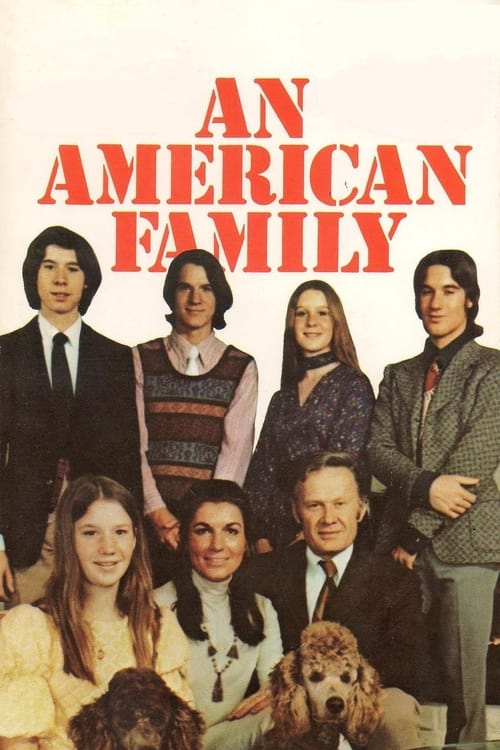
An American Family
Originally intended as a chronicle of the daily life of the Louds, a Santa Barbara upper-middle-class family, the groundbreaking program documented the breakup of the family via the separation and subsequent divorce of parents Bill and Pat Loud.
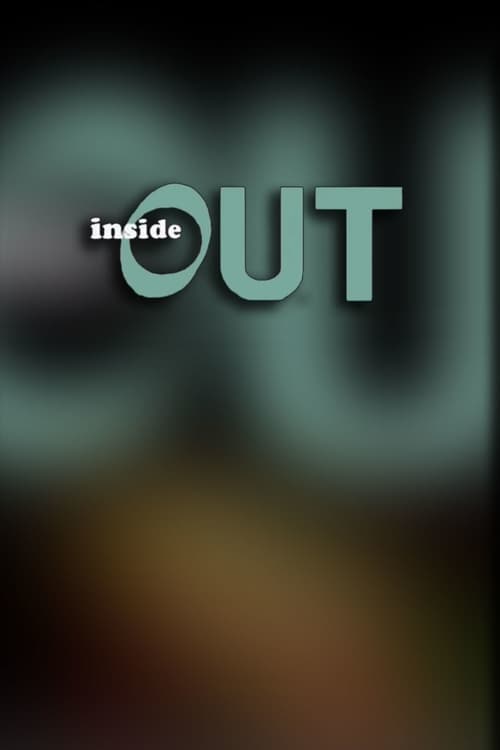 0
0Inside/Out
Inside/Out is a 1970s educational television series. The show was produced in 1972 and 1973 by the National Instructional Television Center, in association with various contributing stations, such as KETC in St. Louis, Missouri, WVIZ in Cleveland Ohio, WNVT-TV in Northern Virginia, and The Ontario Educational Communications Authority. It was one of the last programs to be produced by NIT; the organisation would be reformulated as the "Agency for Instructional Television" in April 1973. Funding for Inside/Out was provided by grants from 32 different educational agencies within the USA and Canada, with additional support from Exxon Corporation.
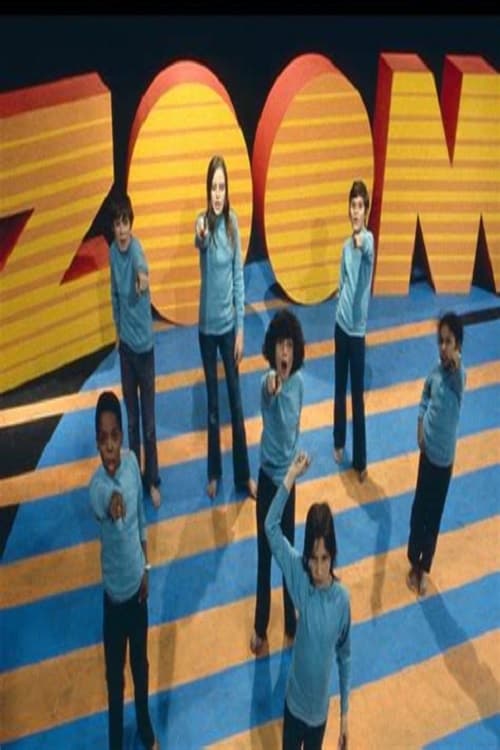
Zoom
 0
0Wall Street Week
A revival of the iconic program originally hosted by Louis Rukeyser, Wall Street Week is focused on educating and empowering long-term investors. With unrivalled access to the biggest names and critical insights on the biggest stories, Wall Street Week is the show that sets the agenda for the week ahead.
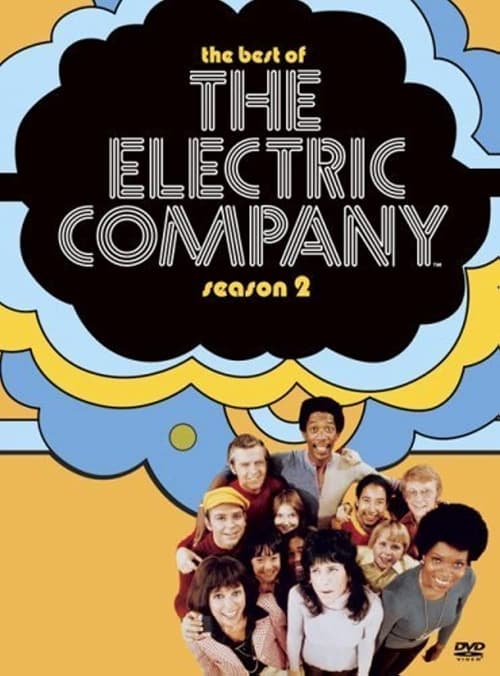
The Electric Company
The Electric Company is an educational American children's television series that was produced by the Children's Television Workshop for PBS in the United States. PBS broadcast 780 episodes over the course of its six seasons from October 25, 1971 to April 15, 1977. After it ceased production that year, the program continued in reruns from 1977 to 1985, the result of a decision made in 1975 to produce two final seasons for perpetual use. CTW produced the show at Teletape Studios Second Stage in Manhattan, the first home of Sesame Street. The Electric Company employed sketch comedy and other devices to provide an entertaining program to help elementary school children develop their grammar and reading skills. It was intended for children who had graduated from CTW's flagship program, Sesame Street. Appropriately, the humor was more mature than what was seen there.
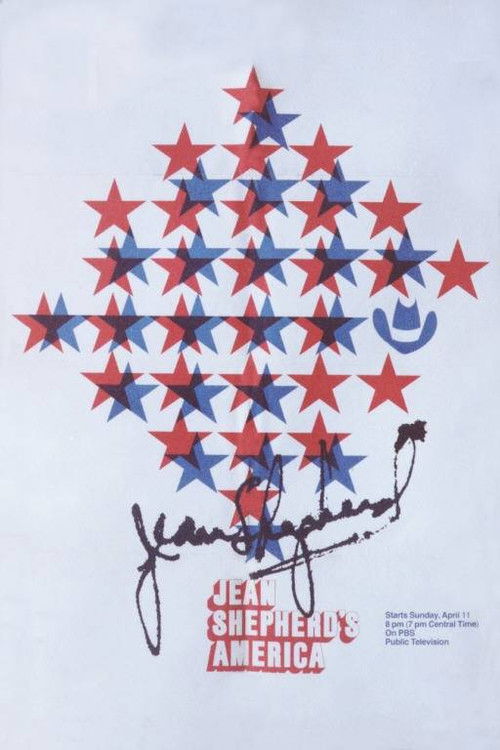 0
0Jean Shepherd's America
In these humorous and affectionate television poems, humorist Jean Shepherd celebrates America in all its richness and diversity -- from cars to candy, baseball to beer, motels to money. Each week a different aspect of our national psyche is explored as Shepherd travels to the Okefenokee Swamp, Death Valley, Milwaukee, the Old South, and other far-flung locations -- using the PCP-90 portable camera.

Great Performances
The best in the performing arts from across America and around the world including a diverse programming portfolio of classical music, opera, popular song, musical theater, dance, drama, and performance documentaries.
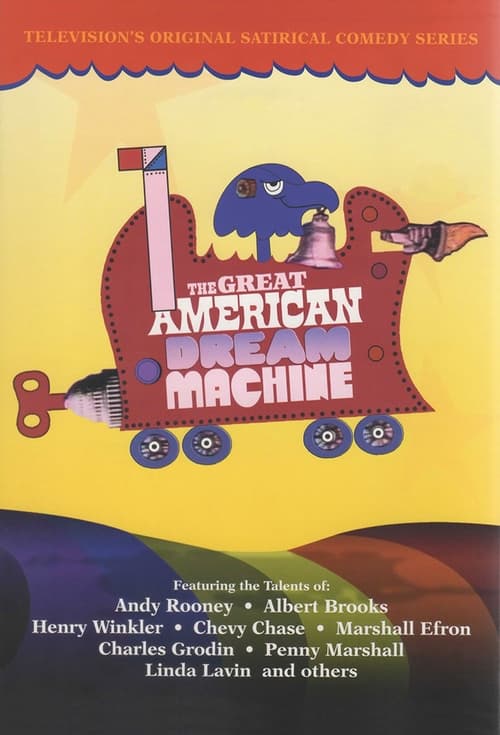 0
0The Great American Dream Machine
The Great American Dream Machine was a weekly satirical variety television series, produced in New York City by WNET and broadcast on PBS from 1971 to 1973. The program was hosted by humorist and commentator Marshall Efron. The show centered around skits and satirical political commentary. The hour and a half long show usually contained at least seven different current event topics. In the second season, the show was trimmed down to an hour. Other notable cast members included Chevy Chase. Contributors included Albert Brooks and Andy Rooney. Some of the skits would later be revamped for the movie The Groove Tube. There were also occasional short films presented on the show, most of them "experimental" or documentaries about artistic endeavours. Some of these were subtitled.
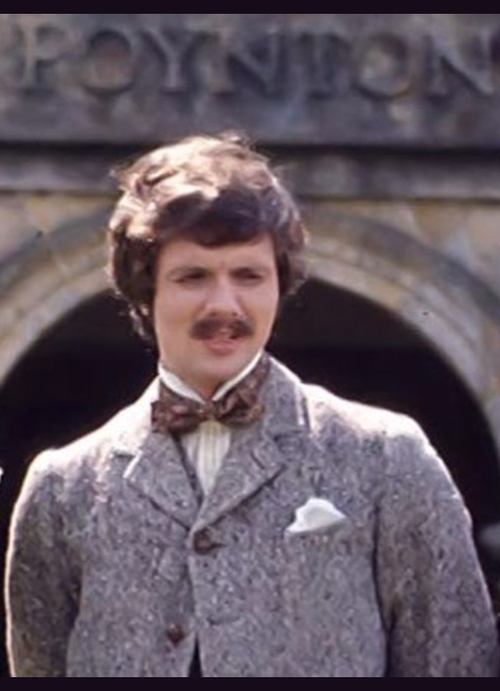
The Spoils of Poynton
The Spoils of Poynton is a 1970 British television miniseries based on Henry James' 1897 novel of the same name. Adapted by Denis Constanduros, the four-part series stars Pauline Jameson, Ian Oglivy, and Gemma Jones. When her husband dies, Mrs Adele Gereth quarrels with her carefree son Owen over the family estate and his desire to marry for love, not money.